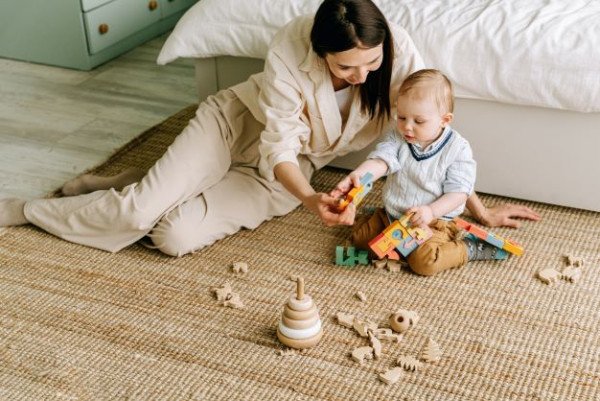 Routines are part of everyday life, whether we know it or not. We wake up, have breakfast, some of us have coffee or do exercise, we get dressed, go to work or school, have dinner, watch television and then sleep. Then we wake up and do it all again! Everyone has a different routine; they are there, and exist, to help us manage our day to day lives.
Routines are part of everyday life, whether we know it or not. We wake up, have breakfast, some of us have coffee or do exercise, we get dressed, go to work or school, have dinner, watch television and then sleep. Then we wake up and do it all again! Everyone has a different routine; they are there, and exist, to help us manage our day to day lives.
what is a routine?
A routine sets out how a family or person spends their day, so that they get things done, spend time together and have fun! Routines help us to know what to do, when to do it, in what order and how often we should do it. They help children to understand what is important as a family, like sharing a big hug every morning at school drop off, or a special kiss goodnight to show love for one another.
how can routines help?
Routines can be very useful, with children needing them just as much as adults…here’s why:
- Routines help children to feel safe. A predictable home environment helps children to feel secure and looked after. Having a predictable family environment and routine can help a child better manage change and unpredictability, like moving houses or the birth of a sibling. Knowing what is going to happen next can help to reduce anxiety and to feel in control of the day.
- Routines develop healthy habits. Routines can teach children to regularly do what’s good for our health such as brushing our teeth, washing our hands, or exercising.
- Routines help develop skills and responsibility. Children who practice skills regularly build confidence and independence. As we teach and support our children to complete daily living tasks such as dressing and toileting, they develop competence and gradually need less support. Children feel proud when they learn and master challenging skills.
- Routines help children adapt to other environments. School is full of routines, such as singing a good morning song, eating fruit break, playing with friends, and completing schoolwork. Children who are used to following routines often find the transition to school less stressful.
- Routines are also good for adults and parents! Life can get very busy at times and routines can help with feeling organised and more in control of your life, which helps with stress.
To read more and to find out why some routines are better than others, you can view the original post at Beam Health.
references
Helton, J. J., Schreiber, J. C., Wiley, J., Schweitzer, R. (2018). Finding a routine that works: A mixed-method study of foster parents. Child & Family Social Work, 23, 248–255. doi: 10.1111/cfs.12412
Helpful Resources:
Practical Strategies - und.edu
